How health funds saved $1 billion from coronavirus lockdown
It was money for jam. And lots of it. Private health funds pocketed $1 billion during the COVID-19 lockdown – and they have no intention of giving it back. See what your fund is offering.
Exclusive: Private health insurers are under pressure to scrap proposed price hikes as it can be revealed they pocketed $1 billion in just six weeks when the nation was plunged into a COVID-19 lockdown.
The extraordinary sum is the amount they saved by not paying out for elective surgery or “extras” such dental and optical, a News Corp Australia investigation can reveal.
And in a double whammy for policy holders, insurers have revealed they won’t be returning the savings as cash bonuses to members as promised – while premium hikes at three of the biggest funds Medibank, Bupa and NIB will go head on October 1.
Those hikes will cost members an average of between $120 and $400 a year at a time when most people can least afford them.
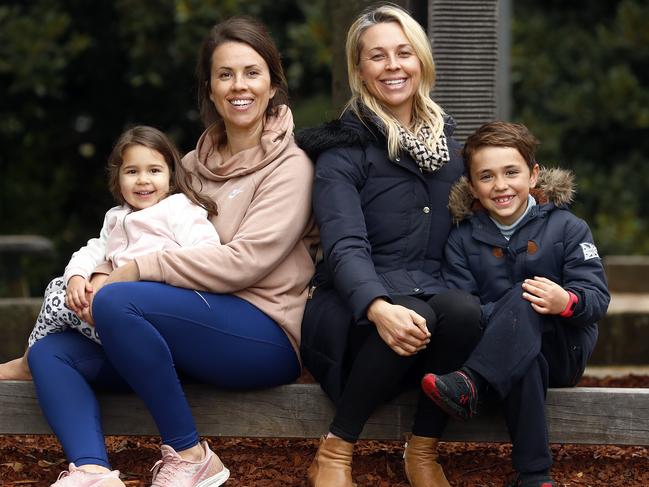
“The economic impact of COVID in many families is going to continue so there couldn’t be a stronger case for the funds to withhold the premium rise slated for October,” Consumer’s Health Forum chief Leanne Wells said.
Consumer group Choice said all health funds should delay premium rises until April 1 next year and also pay back to members any profits they made as a result of the coronavirus lockdown.
“If the health funds won’t be clear and won’t promise to give that money back, then we think that the government should intervene and appoint someone independent to oversee that process to make sure that people get their money back,” Choice health spokesman Dean Price told News Corp.
On March 25 when the coronavirus lockdown came into effect non- essential surgery was banned, you could only see a dentist for emergencies and physiotherapy appointments, massages and other extras services almost ceased.
This meant Australian singles were paying an average of $150 a month – $330 for families – for health insurance they couldn’t use.
Health fund data obtained by News Corp Australia shows the number of people using their extras cover plunged to just 25 per cent of the usual rate the week commencing April 6.
That week visits to dentists were at just 10.5 per cent of normal rates, optical about 20.5 per cent, physio was 43 per cent and chiropractic 60 per cent.
Surgery rates fell by more than 66 per cent.
The lockdown was expected to last for six months and The Australia Institute estimated health funds would save between $3.5-$5.5 billion over that period.
However, because of Australia’s success in controlling COVID-19, the surgery lockdown was incrementally lifted after only 6 weeks.
Health fund data shows use of most extras services such as dental, optical and physiotherapy is now back to normal.
“As the government’s ban on elective (essential non-emergency) surgery lasted only six weeks, the savings predicted by some have not eventuated for health funds,” Australian Private Healthcare Australia CEO Dr Rachel David said.
Health funds concede during the lockdown between March and the end of May they saved $515 on “extras” services and $500 million from the surgery ban.
However, they claim more than this amount will be returned to members and the savings will never be realised.
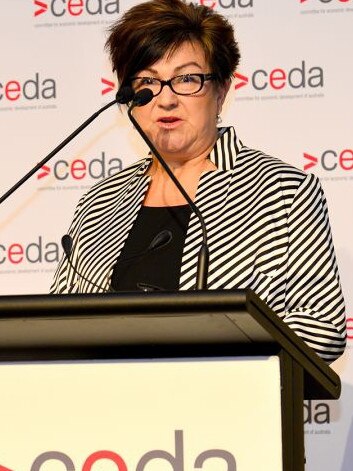
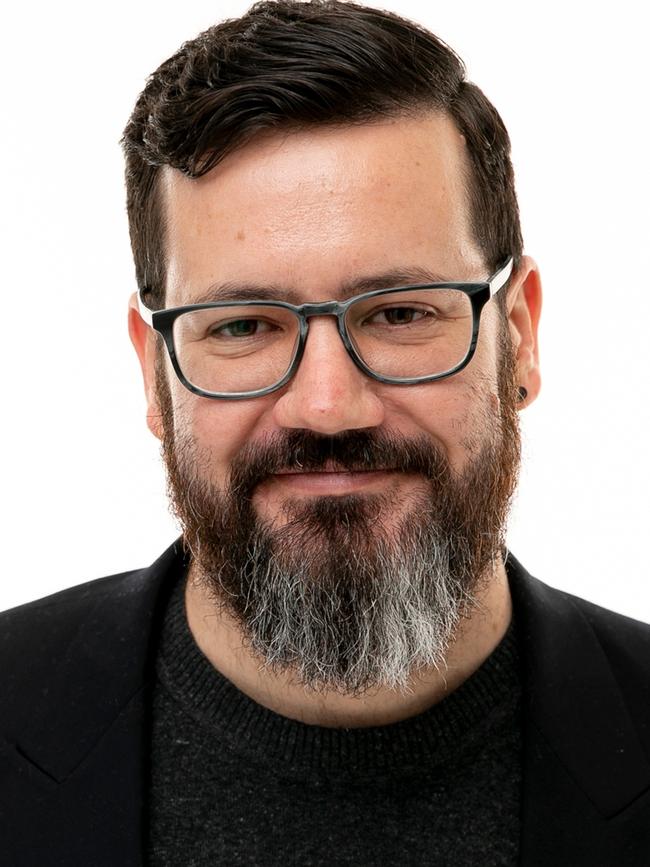
They estimate the six-month delay in their annual premium rise will cost health funds $400m, while hardship handouts and suspended memberships will cost another $107m.
Health funds expect policy holders to “catch up” on their extras with dental visits running at 107 per cent of normal levels, optical 103 per cent and osteopathic services at 103 per cent of normal rates by mid-June.
This will cost funds a further $300 million.
They estimate most of the delayed surgery will take place costing funds a further $400 million.
But there is some good news for those who hold policies with some of the smaller health funds.
AIA insurance is offering families up to $1,800 cash back if they didn’t use their extras cover, while AHM Health Insurance will ‘roll over’ most unused extras limits for use in the coming year.
HBF will not raise their premiums at all this year.
Health Partners cut their premiums by 30 per cent for extras cover and by 10 per cent for hospital cover for three months from May 1.
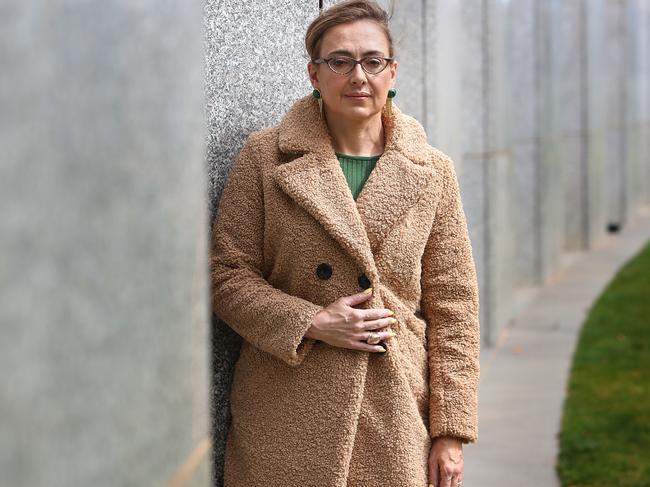
Sisters Petra and Aleks Zlatevska agreed that people charged for “extras” such as dental, optical and physiotherapy during quarantine — despite majority of the services being shut to the public — should have been consulted before any money was deducted.
“We pay for the extras, but it was never even raised with us, the money just kept getting deducted from our accounts,” Bellevue Hill’s Petra Zlatevska said.
“We weren’t given the option, we weren’t told to ask or to haggle, we really didn’t even question it.
“They didn’t offer us a suspension or a reduction, they didn’t offer flexible payment plans or anything like that; at least the banks were proactive in that respect when quarantine first went down.
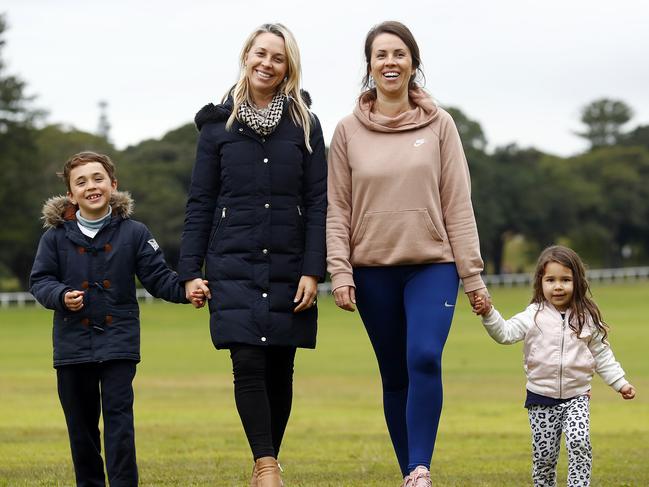
“There was no clause in our contract and no waiver.
“The big irony of the whole situation is that this is meant to be the health sector, I think so many people wouldn’t even know how to go about challenging something like this, most wouldn’t even bother.”
Aleks Zlatevska, from Dulwich Hill, said she doesn’t pay for any extras under her insurance plan for this precise reason.
“You’ve got to have the ambulance cover and the hospital cover, but we haven’t had the extras for so long,” she said.
“We’re not into all the additional stuff, I actually think it’s a total waste of money and just a way to get your premium down.
“I would still always have the private health insurance though.”
